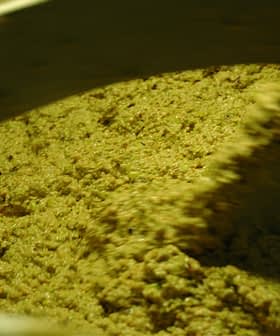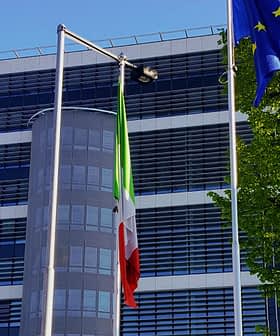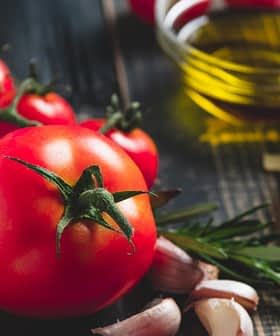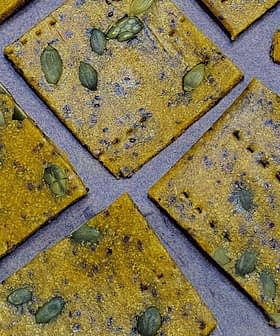Olive Oil Reduces Cardiovascular Problems Associated with Diabetes
A phenolic compound found naturally in olive oil reduces and may even prevent cardiovascular problems associated with diabetes mellitus, according to a new study by a group of Spanish researchers.
A study by researchers from IBIMA found that consuming small doses of hydroxytyrosol from olive oil can reduce vascular inflammation associated with diabetes mellitus, preventing narrowing of blood vessels. Taking 30 – 40 ml of extra virgin olive oil daily, equivalent to three tablespoons, can provide these beneficial effects and help counteract diabetic vascular disease.
Taking three tablespoons of virgin olive oil a day reduces the cardiovascular problems associated with diabetes, according to a study by a group of researchers from the Institute of Biomedical Research of Malaga (IBIMA) recently published in the Journal of Nutritional Biochemistry.
The study found that taking small doses of hydroxytyrosol usually decreases, and may even prevent, vascular inflammation or vasculopathy associated with diabetes mellitus. Hydroxytyrosol is a type of phenolic compound with high antioxidant capacity found naturally in olives and olive oil.
Diabetes-related vascular diseases are characterized by a decrease in two vasodilator substances: nitric oxide and prostacyclin, which favors narrowing of blood vessels and prevents normal blood circulation, leading to deterioration of the organic tissue in the body.
The researchers found that consumption of 0.5 to 2.5 milligrams of hydroxytyrosol daily is sufficient to produce an anti-inflammatory effect at the vascular level and counteract this narrowing of blood vessels.
“The key to lessening or preventing the occurrence of diabetic vascular disease is to apply this component since the pathology is diagnosed, because the question is not to revert the symptoms once they are there, but to reduce and to slow down their progression,” Jose Antonio Gonzalez-Correa, one of the researchers responsible for the study at the University of Malaga, explained to the Fundacion Descubre, the Andalusian scientific dissemination entity that disclosed the discovery in Spain.
A simple way to incorporate it and enjoy its beneficial effects is to take between 30 and 40 ml of extra virgin olive oil daily, always raw, which is equivalent to about three tablespoons of extra virgin olive oil.
A deterrent against vascular disease
The main objective of the investigation was to determine how hydroxytyrosol acts on biomarkers of cardiovascular inflammation. Specifically, “those related to the processes of oxidative damage associated with toxicity or cell death and involved in diabetic vasculopathy and blood vessel disease have been studied,” Gonzalez-Correa said.
The IBIMA researchers compared the effects of hydroxytyrosol on seven groups of ten rats: one healthy (the control), one diabetic animal given a saline solution, and five other groups of diabetic rats given different amounts of this polyphenol.
The results of the tests indicated that in the group of diabetic rats to which hydroxytyrosol had not been administered, the biomarkers related to vascular disease increased and two vasodilators, nitric oxide and prostacyclin, were reduced. This caused the blood vessels to narrow to the point of preventing or hindering blood flow, which deteriorates and even causes the death of organic tissues. In contrast, in the animals given the polyphenol, the effect was the opposite.
Previous research had already demonstrated the benefits of hydroxytyrosol and its anti-inflammatory and anti-infective properties that reduce the risk of cardiovascular disease or prevent the onset of certain types of cancer.
The International Diabetes Federation estimates that diabetes mellitus is one of the most widespread diseases in the world, affecting 387 million people, 8.3 percent of the world’s population. When inadequately treated and insufficient or excessive levels of glucose in the blood are maintained for a long time, it can affect blood vessels.









